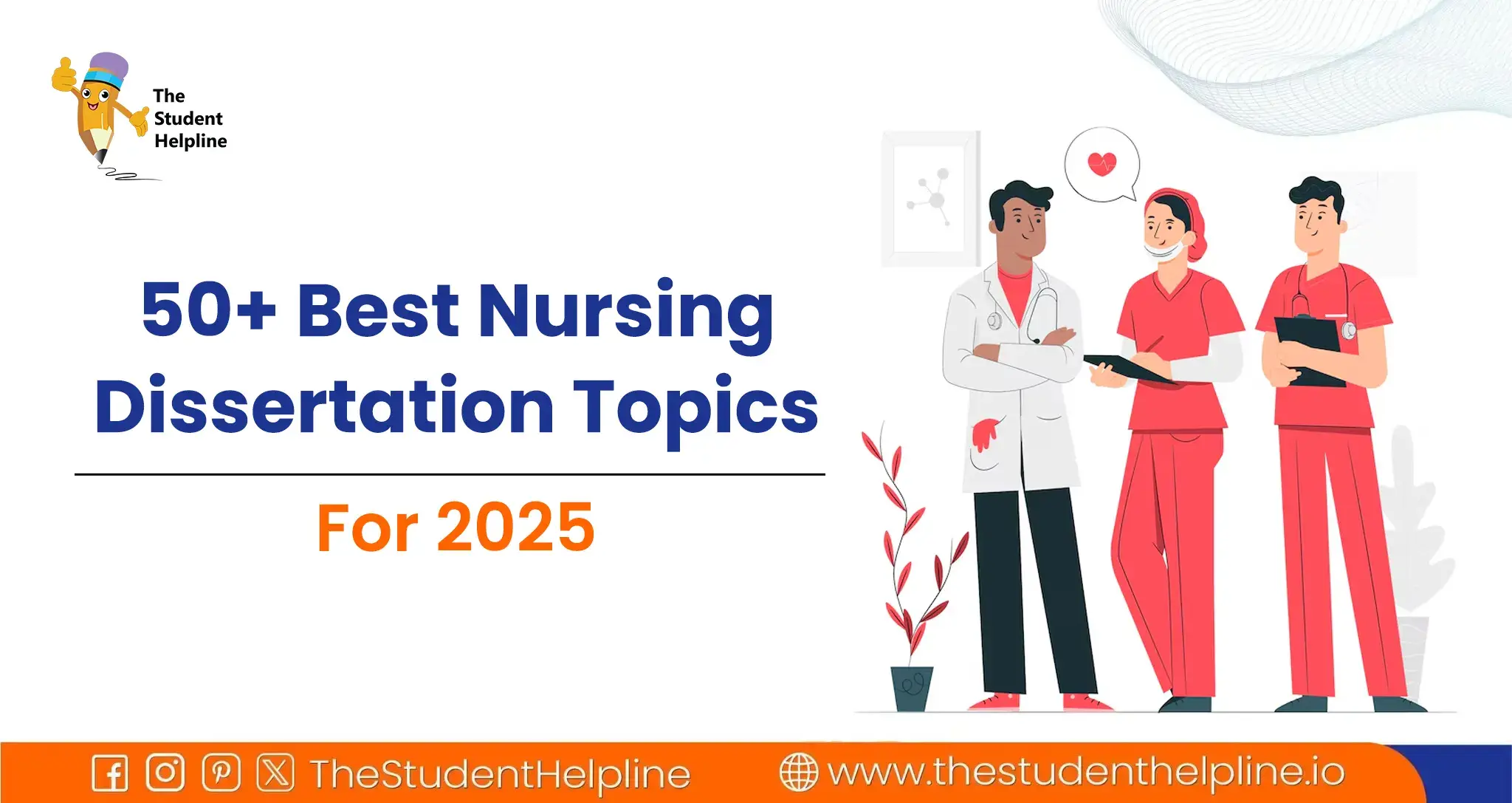Questions:
Aims:
Using a problem-based learning approach, and contextualised towards research and analysis of the Business Environment and International Business Context, this course develops students abilities of academic practice and research in business and management. It also provides the foundation of academic skills required for success on the other courses in this programme. The context in which organisations exist today is increasingly international as the process of globalisation continues albeit with factors vying to reduce its spread. Managers are required to be sensitive to a range of different social, political and economic systems as well as the technological and ecological factors that make up the complex environment in which they operate. Meeting the challenge of change is essential if managers and their organisations are to operate effectively in such a diverse and dynamic environment. This course ensures that participants can analyse trends and changes in the business environment and have the necessary tools to interpret and exploit change.
BUSI1667 Scholarship In Business Learning Outcomes:
On successful completion of this course a student will be able to:
- Distinguish between, and critically evaluate the arguments relating to the relationship between, different political, social and economic systems and make accurate predictions of the nature of political and economic risk involved in business organisations operating within different nations.
- Explain how governments seek to influence their domestic economies and the implications that this might have for International Business Organisation and analyse the process of globalisation in terms of its scope, form and geographical range, drawing out the implications for business organisation, the alternative theories of international trade and the role of the IMF, the World Bank, and WTO in the process of internationalisation and their implications for government trade policy.
- Use a variety of approaches, frameworks and tools for analysing, interpreting and making judgement about the key political, legal, economic, social, technological and environmental factors and trends affecting specific industries or sectors. Use technology effectively to access and manage multiple channels of information, knowledge, and learning resources (i.e., academic, professional) Utilise Excel to carry out basic statistical calculations to interpret business information (descriptive statistics, correlation, regression and trend analysis).
- Write in a clear and logical academic style applying critical thinking skills and utilising appropriate referencing formats (i.e. Harvard).
- Describe the philosophical and methodological basis of key approaches to academically sound business research and apply a wide range of research methods (qualitative and quantitative) as appropriate to specific business questions, goals and/or objectives.
- Utilise a framework for developing proposals to conduct research into business and Conflict Management issues through research design, data collection, analysis and synthesis
BUSI1667 Scholarship In Business Assessment Brief:
The summit of achievement for this module will be the industry report. The twin learning streams of research methods and business analysis will prepare you for this in manageable steps, including presentations and group work. Group work is vital for building up your knowledge but the submitted assignment should be yours and yours alone. You should be diligent in researching good quality information sources and meticulous in your referencing.
The ultimate purpose of your report will be an analysis of an industry case study of your own choosing. The case study can be an entire industry or an organisation within it, such as a single corporation. However, before you get to that point, you need to research the academic literature on the subject and gain an understanding of the perspectives being taken on the emergent issues. You will then be able to conduct a structured analysis of the chosen case and its context. The literature will enable you to put together frameworks for your analysis. These analytical frameworks may be in the form of defined theories, algorithms, policy documents or established research.
The report comprises six substantive sections where you will make your argument, followed by a seventh section listing the references. There is a recommended 3,000 word length which is a guide to the study commitment. Your grade will not be penalised for overshooting or undershooting this target but you should be aware that if you are well below the target your argument may lack detail, and if you are far in excess of the target your argument may have lost focus. You can take the following as a guide to where the emphasis of your argument should lie:
- Introduction the importance of the topic; the research perspective; the purpose of your argument.
- Literature Review historical background; conceptual framework(s) for the argument.
- Macro-analysis conceptual framework from literature review for analysis of the context; contextual data.
- Micro-analysis conceptual framework from literature review for analysis of the case study; case study data.
- Conclusion how the argument has been resolved; limitations of the analytical framework; future potential for research. words.
- References
Must Also Read: BMAN71471 Innovation Management
Additional List Of Management Assignment Samples For Students



 Australia
Australia USA
USA United Kingdom
United Kingdom Canada
Canada Malaysia
Malaysia Singapore
Singapore Hong Kong
Hong Kong Qatar
Qatar UAE
UAE Saudi Arabia
Saudi Arabia Kuwait
Kuwait Bahrain
Bahrain Oman
Oman Jordan
Jordan New Zealand
New Zealand Ireland
Ireland











